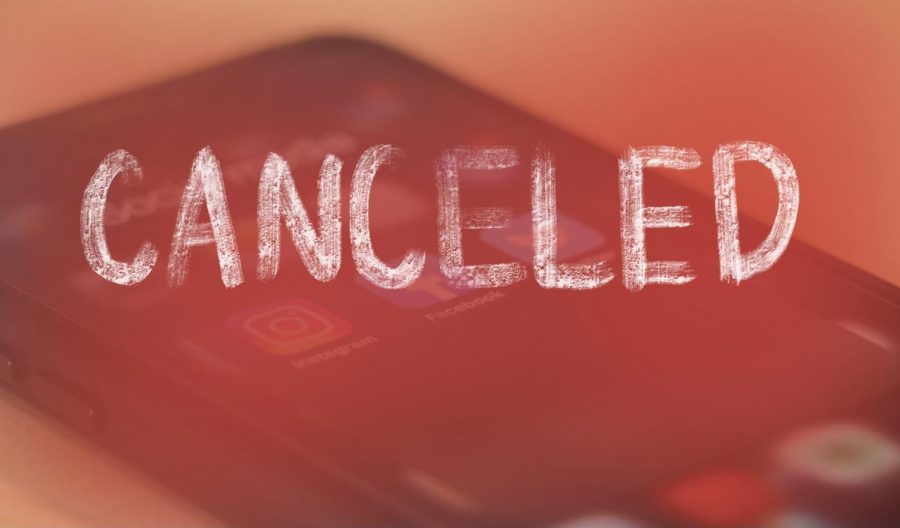Cancel culture is a bad thing
The Catalyst / Clair Sapilewski
Cancel culture started as a way of de-platforming people of power who did or said something offensive. This was supposed to help them recognize that the behavior they displayed is not okay and to make sure they are held accountable for their actions. I can support this idea. I definitely believe people need to be held accountable for their actions. But cancel culture has become toxic.
When someone does or says something offensive, they must first realize that what they did was wrong, know why it was wrong, then apologize. But with the way cancel culture has evolved, people don’t even have the opportunity to apologize. Once you are “canceled,” it’s over.
However, my main problem with cancel culture is that it is inconsistent. There is no regulation with cancel culture. Our criminal justice system, when used correctly, recognizes that there are different severities to each criminal offense. With these different severities come different types of punishment. With cancel culture, there are no levels of severity.
For example, Lea Michelle got “canceled” over the summer of 2020 when an old coworker exposed her microaggressions on the set of the hit TV show, Glee. Then there is someone like R. Kelly, who was “canceled” for being charged with aggravated criminal sexual abuse, and illegally marrying a 15-year-old girl.
Both these people’s actions were wrong and I support neither of them. However, I hope we can agree that these two actions are nowhere on the same level, yet they receive the same amount of social backlash.
Once again, I agree that people need to be held accountable for their actions. I believe it is necessary to better our society. But we need to find a better way to do so because cancel culture is not working.

Clair Sapilewski is the Managing Editor and is in Journalism II this year. This is her third year writing articles for The NDB Catalyst.
She...







